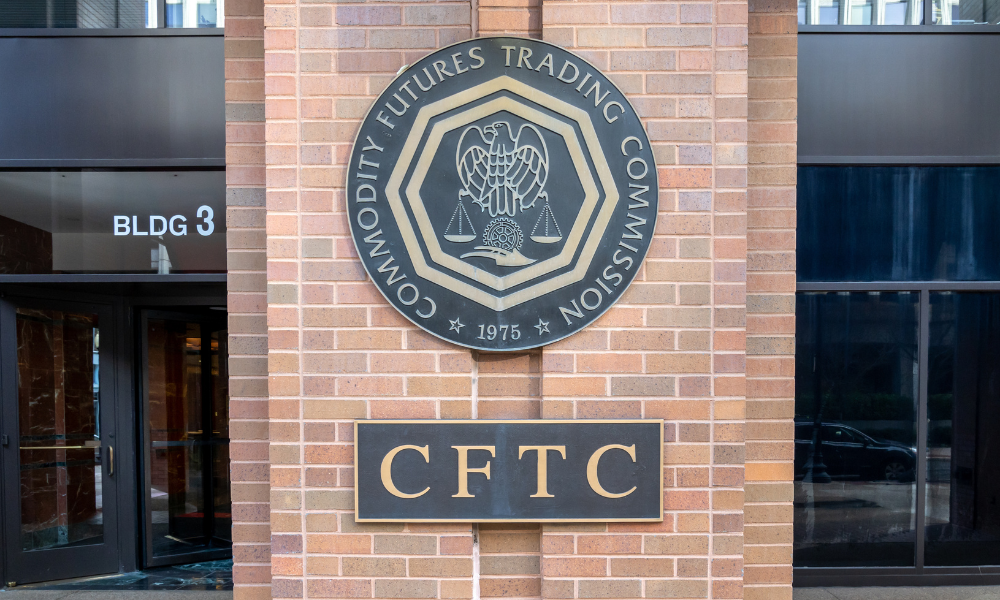

by Lydia Beyoud and Nicola M White
The Commodity Futures Trading Commission is asking for public comment on allowing round-the-clock trading in derivatives markets, according to a statement Monday.
“The CFTC must take a forward-looking approach to shifts in market structure to ensure our markets remain vibrant and resilient while protecting all participants,” acting Chairman Caroline Pham said in the press release. “One evolving trend is the move to 24/7, 24/6, or 24/5 trading hours.”
Equities exchanges are already planning to allow retail traders to buy and sell stocks nearly 24 hours a day, seven days a week. The Securities and Exchange Commission recently approved 24 Exchange to offer 23-hours-a-day, five days a week trading. Nasdaq Inc. has also said it intends to extend its weekly trading hours. Some brokers like Robinhood Markets Inc. already allow 24-hour trading for five days a week.
The CFTC also wants input on offering perpetual futures, a type of contract popular outside the US and gaining traction in digital-asset trading. Despite the regulatory environment becoming friendlier for those assets under President Donald Trump, perpetual futures contracts for cryptocurrencies have remained largely unavailable to Americans.
Perpetual futures, often called “perps,” are a type of contract on which settlement, pricing, and calculation of margin, is done on an ongoing basis, often multiple times a day, the CFTC said in its request for comment.
While they can be an attractive product for some traders, the “distinctions between the structure of existing derivatives contracts and the structure of perpetual contracts may raise novel questions and concerns related to trading and clearing risk management,” the markets regulator said.
Coinbase’s derivatives exchange has plans to launch 24/7 and “perpetual style” crypto futures trading, according to a March blog post. Other derivatives exchanges have been slower to join the trend.
The request for comment comes as the agency has signaled a softer approach to policing the commodities market in the Trump-era and last month scaled back scrutiny of risks tied to clearing and trading of digital assets.
Comments to the CFTC are due May 21.
Copyright Bloomberg News

Plus, a $400 million Commonwealth team departs to launch an independent family-run RIA in the East Bay area.

The collaboration will focus initially on strategies within collective investment trusts in DC plans, with plans to expand to other retirement-focused private investment solutions.

“I respectfully request that all recruiters for other BDs discontinue their efforts to contact me," writes Thomas Bartholomew.

Wealth tech veteran Aaron Klein speaks out against the "misery" of client meetings, why advisors' communication skills don't always help, and AI's potential to make bad meetings "100 times better."

The proposed $120 million settlement would close the book on a legal challenge alleging the Wall Street banks failed to disclose crucial conflicts of interest to investors.
Orion's Tom Wilson on delivering coordinated, high-touch service in a world where returns alone no longer set you apart.
Barely a decade old, registered index-linked annuities have quickly surged in popularity, thanks to their unique blend of protection and growth potential—an appealing option for investors looking to chart a steadier course through today's choppy market waters, says Myles Lambert, Brighthouse Financial.
